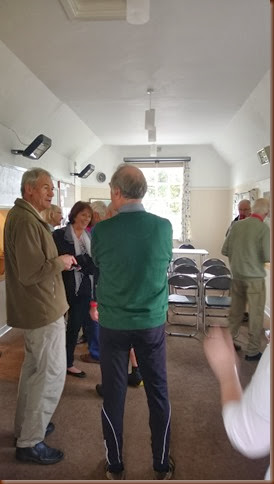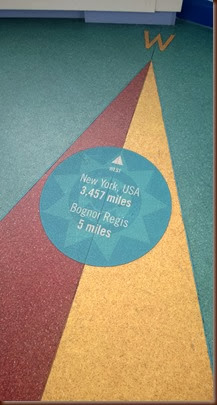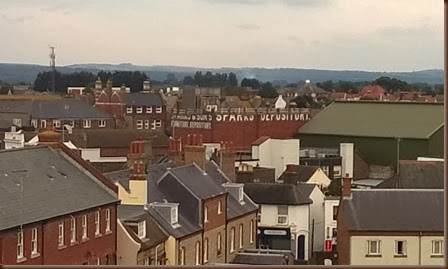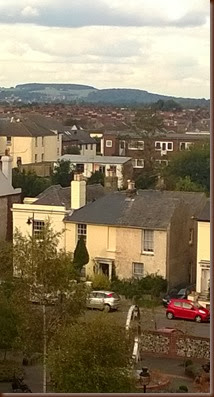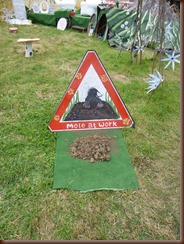Last week’s infrastructure collapse by NatWest/RBS brought into focus our increasing reliance on technology to support payments.
Many thousands found themselves embarrassed in petrol stations and supermarkets, finding their credit and debit card’s refused. Online banking systems failed and consumers hit to social media to vent anger.
The way we pay for goods and services is hardly the sexiest topic we at ILC-UK are lucky enough to explore. But as we saw last week, it is all too easy to become complacent about what is a fundamentally important part of our economy.
Why do we care?
The recent Payments Markets Review by the Payments Council suggests a stalling in the long-term decline in the use of cash. While the volume of cash payments fell steadily up until 2010, it has increased slightly since then. But the long-term decline in cash use is expected to continue. By 2015 there will be more non-cash payments than cash payments. And by 2022 there may be more payments by debit card than by cash.
The evidence from the Payments Council shows a divergence by age group in how people pay for goods and services. We have witnessed a decline in cheque use over the past two decades or so, but whilst around one in twenty 16-24 year olds used a cheque in 2012, almost 7 in ten over 65s did. 16-24 year olds wrote around 3 cheques on average in 2012, compared to the over 65s who used them over 18 times.
Internet banking use by age also varies significantly. Around 70% of 25-34 year olds made internet banking payments in 2012, but just over 30% of over 55’s did. People aged over 65 made just over two remote payments on average in 2012 (that is, payments made using internet, telephone and mobile banking), whilst those aged 25-34 made around 12 on average.
A recent trend is the growth in mobile banking. This, too, shows a divergence in use by age but the service has not been around for long. A very small percentage of over 55s use mobile banking for payments compared to almost one third of 16-24 year olds.
Whilst a few percent of 25-34 year olds don’t use cashpoints, around 1 in 4 over 65s don’t. 25-34 year olds made over 70 ATM transactions in 2012 whilst those over 65 made less than 40 on average.
Why do our methods of payment vary by age?
On the one hand, younger people may be more likely to buy products and services (e.g. online subscription services) that can only be paid for using electronic payments.
And there are undoubtedly a small number of payments made by older people where cheque and cash payments are more convenient. Older housebound people are often reliant on cheques and cash and there may be no convenient alternatives. Research on financial exclusion (NB link opens pdf) has shown that people on a low fixed income perceive themselves to be more in control when managing money in cash than electronically.
But these are the exceptions and a huge number of transactions being paid for in cash by older people could potentially be paid for by cash and cheque. The new figures from the Payments Council reveal that 145 million of 485 million cheque payments are for purchases in the retail, travel, and entertainment sectors. A high proportion of these payments could potentially be made using other means of payment.
There is also likely to be a cohort effect, with some older people using cheques because they always have and younger people moving into new technology for payments.
What can we do?
The introduction of Chip and Pin by the industry helped raise the awareness in the industry of the diversity of their consumer base. Research showed that the hundreds of thousands of people living in the community with dementia might struggle with pin numbers. And criticisms from charities let to a recognition within the industry of the importance of ensuring more usable and accessible chip and pin machines. The industry responded with better designed machines and an exceptions service for those who couldn’t use Chip and Pin.
But if the trend away from cash payments is to continue, the industry must ensure that its products and services are as accessible, usable and well promoted as possible.
Information and advice is also vital. People of all ages need to understand how new technology works. An investment in financial education across the life-course is vital. There will be a link between payments exclusion and digital exclusion. If we are to get more older people using new methods of payment, we must invest much more in tackling digital exclusion.
To the credit of the Payments Council, they have done a lot of work on these issues. They have sought to better promote Chip and Pin and have tried to invest in materials to help individuals make the move from cash. They have also invested in research to better understand the older and disabled consumer.
But the payments divide will not just simply disappear. The growth in mobile payments highlight a new divide whilst the digital divide remains significant. As Nat West customers found this week, not being able to pay for what you want can be inconvenient and embarrassing. It can also have much more serious repercussions, contributing, for example to social exclusion. Payments might not be the sexiest subject for ILC-UK but policymakers, industry and regulators must not fall into complacency.
David Sinclair
First published at www.ilcuk.org.uk
New figures in this blog were provided by the Payments Council to the Payments Council Consumer Forum. Some of the information is available in this Payments Council report on Payment Trends http://www.paymentscouncil.org.uk/files/payments_council/statistical_publications/the_way_we_pay_-_february_2013.pdf.
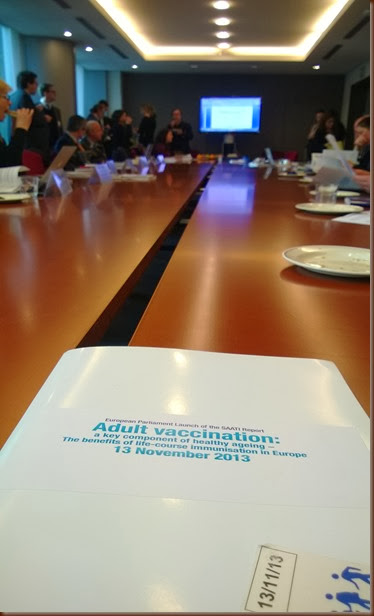

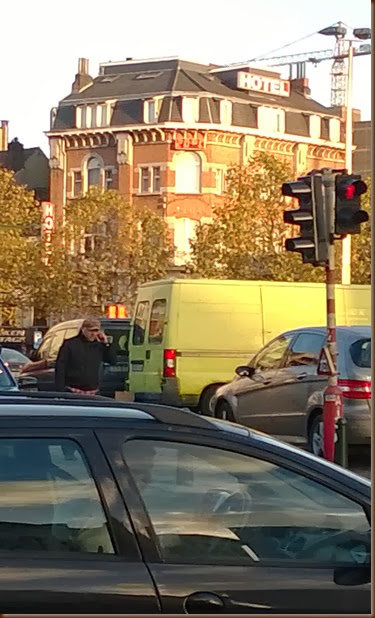






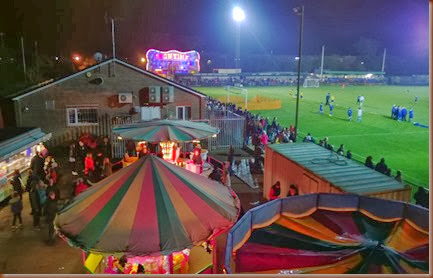



![WP_20131104_005[1] WP_20131104_005[1]](http://lh3.ggpht.com/-3QFgfcuLzK0/UnijQAyW-uI/AAAAAAAADs0/l4b0v96KCTA/WP_20131104_005%25255B1%25255D_thumb%25255B1%25255D.jpg?imgmax=800)


